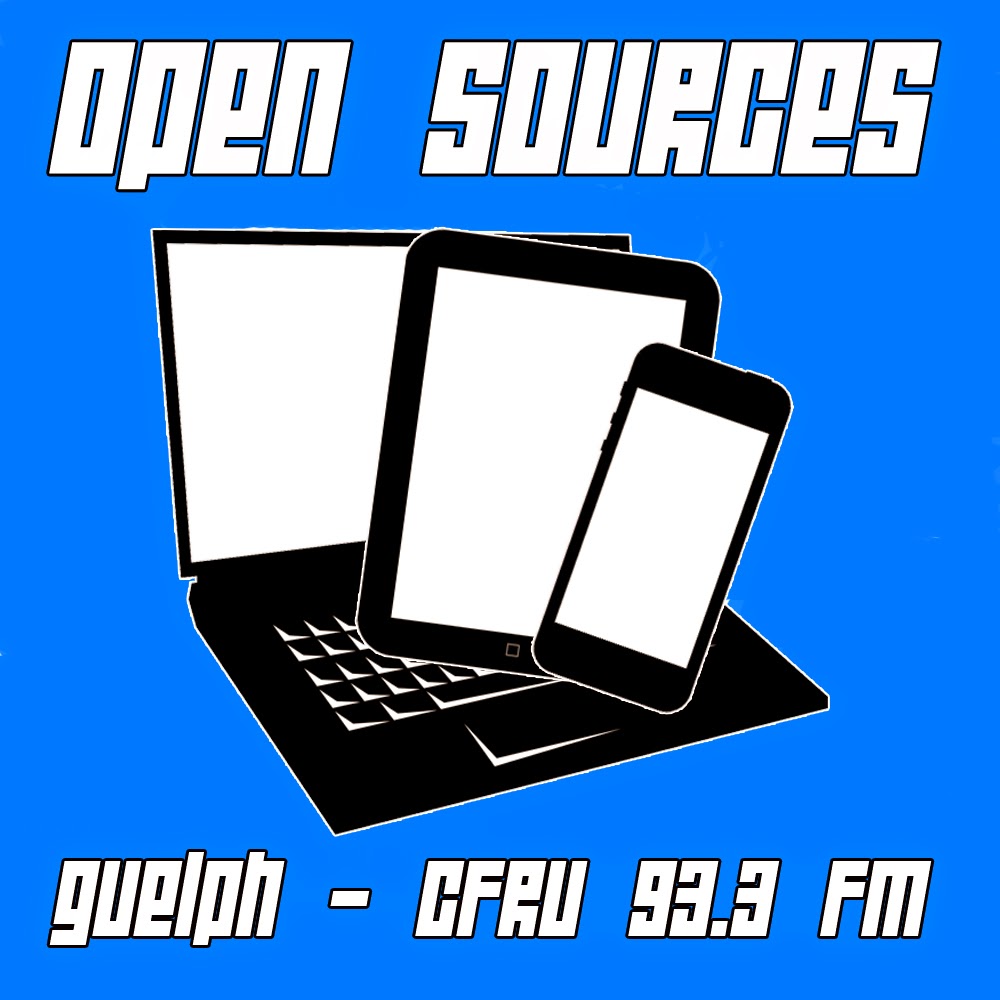Earlier this month, Ontario's interim Environmental Commissioner issued a startling report in the wake of a year full of stories of worldwide drought conditions, and concluded that the province's water resources are being taken for nothing or close to nothing by industry and businesses across Ontario. In Guelph, always at the forefront of environmental issues, key activists and politicians are taking this a cue to push further for the protection of local fresh water.
"Our report notes that most water users still pay nothing for water, including agriculture, municipalities, the sand and gravel industry, golf courses, and so on," Ellen Schwartzel told reporters on November 3.
So what's nothing? Well, businesses like bottled water companies, beverage manufacturers, canning or pickling facilities, concrete manufacturers and pesticide and fertilizer manufacturers are being charged $3.71 per million litres for the water they take from Ontario's aquifers and rivers.
"It's wrong for the Liberals to subsidize companies to bottle our water," said Green Party of Ontario leader and Guelph GPO candidate Mike Schreiner in a release. "The Liberal government is giving away our water to companies that bottle it and sell it back to us. This is outrageous."
In all, Ontario collects about a million dollars a year, however, the administration of water taking costs over $16 million to administer.
"It's irresponsible that the Liberals give most industries a total free ride," added Schreiner. "And charge such a paltry amount for those they do charge."
Tough words, so I went to a local expert on the subject. The Wellington Water Watchers have been trying for years to raise awareness about the taking of too much water from our local resources. So I asked Water Watchers Chair Mike Nagy to comment.
Why is the price of taking water still so low?
Nagy: It is low because the PTTW (Permits to Take Water) process and policy has not seen a major overhaul in a very long time. We need to be clear that this levy is not a price for the water as The Province is not selling the water as it belongs to the people of Ontario. Water levies are supposed to cover the cost of managing-monitoring-regulating water in Ontario, but the levy cost likely never has. It is so far behind that no government has tackled it because it is a touchy issue. But there is a real cost to this process and there needs to be cost recovery. We also have so few people in the MOECC (Ministry of Environment and Climate Change) due to decades of cuts that they are overwhelmed with the PTTW process and ongoing monitoring etc. We need to restore funding so that there is adequate staff to be able to fulfill the mandate of the MOECC in this area.
With all the attention this year about drought, why is this not a bigger issue?
Nagy: It is a big issue for many and getting bigger all the time. Media has played a role here as they have covered the severe droughts in B.C. and California in the past year and have done a good job I think talking about this issue. That said, here in Ontario people have short memories and do not remember the 2012 drought which was the worst on record. Also sadly the past several years have yet again been the warmest on record in the world but yet we are not discussing this enough as a link and connection to water shortage, not just worldwide but also locally when we enter these more severe and longer drought periods. We have been asking for decisions on water taking to be considered and model Climate Change into them as we have with the recent Nestle aquifer pump test application. Currently we do not see CC as a large factor in these decisions but we know we cannot treat PTTW as 'business as usual.' We want a clear tiered water permitting process where consumptive uses, especially ones that pump for profit by reselling the water and exporting it, should pay much higher levies, environmental taxes on their packages, and also have access to the water once it is determined that there is a clear safe buffer amount in the ecosystem and that these taps should be the first to be turned off in times of drought. We actually oppose permits that are 100 per cent consumptive and are taking advantage of outdated legislation that was not designed with this type of water removal in mind.
What will it take to get people mad, or to bring pressure on the government to charge more for water?
Again, many are angry and every year we see more people engaged. However luckily for most the taps still flow.
Mainstream society takes water and many other things we are so lucky to have access to for granted as people generally don't react until something runs short or is taken away. Again, the MOECC needs the Minister to alter policy and we are trying to meet with him to discuss the water levies. Not all permits should be treated equally as some are for public good and some are not. As you know, the acting ECO, Ellen Schwartzel, has commented about her concern over these low water levies.
So to be straight, I think it sadly takes a crisis for these things to be reformed but groups such as WWW are not waiting for one as we believe there is a long emergency when it comes to water. We have seen people such as Hillsburgh residences and now Elora-Fergus citizens taking to the streets wanting protection of their water. Lots can be discussed on this topic.
In conclusion our Provincial government has been more or less silent with the people of Ontario regarding water issues. They own the airwaves if they want to and need to step up. Many municipalities have so why not The Province? Education can be big here. Hence why one of the main focuses of the WWW is now to have programs that engage citizens with water, this creates understanding and empathy for the ecosystems that supply them with clean water.
Are Wellington Water Watchers planning any outreach/activities to raise awareness on this issues?
Nagy: Yes, always. Our AGM is tomorrow night [November 17] at the Red Papaya. We are working hard on outreach all the time via Well Being Grant, Lush Cosmetic Funding, are in the process of a larger OTF (Ontario Trillium Foundation) grant etc.. Awareness through engagement. Our Two Rivers Festival is a great example of this. So again, yes this is who we are. We have many approaches to water protection.



















No comments:
Post a Comment